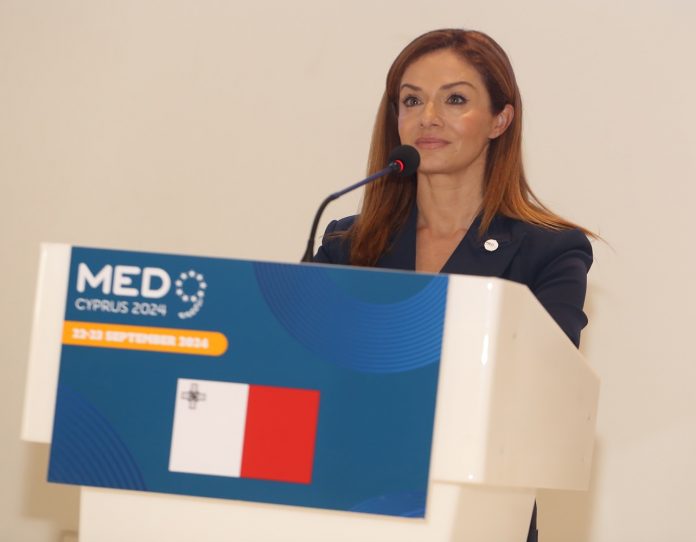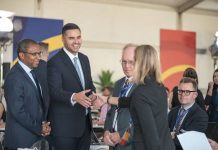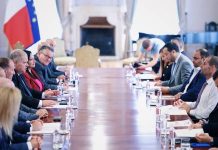Malta’s commitment to making the Mediterranean a clean energy hub continues to strengthen. This was made clear during a meeting of the MED9 Energy Ministers held in Cyprus.
What began in Malta last year during the first MED9 Energy Ministers’ meeting in our country has now become a key element for regional collaboration on renewable energy projects, interconnections, and clean and innovative technologies.
Following the agreements reached in Malta last year, this year’s meeting in Cyprus focused on advancing clean energy initiatives covering the Mediterranean. This region is becoming crucial for Europe’s energy transition, and our country is at its heart, affirmed Minister for the Environment, Energy and the Regeneration of the Grand Harbour Miriam Dalli.
Malta is making significant advances in energy infrastructure by enhancing interconnections and renewable energy capacity. The second interconnector project will strengthen Malta’s energy security, manage the growing demand, and support economic growth.
“In our country, we are modernising the electricity grid and investing in renewable energy storage. A 40 MW energy storage system, equivalent to 5% of the country’s electricity capacity, is expected to accelerate the shift toward clean energy,” explained the minister.
Malta is making great progress in offshore renewable energy with new policies for wind energy projects at sea. Government is conducting a number of studies and collaborating with different authorities to launch the first project of this kind in the Mediterranean. All of this could lead to Malta being at the forefront of the transition to innovative and cleaner technologies.
During the summit, the minister stated that, “What we started in Malta last year is bearing fruit. Our vision to become a clean energy hub is becoming a reality. We are working closely with Mediterranean countries to create strong connections, enhance network resilience, and launch projects that help decarbonise this region.”
The minister also emphasised the need for coordinated support from the EU to turn the Mediterranean’s full potential as a renewable energy corridor into a reality. “We need to encourage the private sector and make use of EU funds to transform the Mediterranean into a key hub for clean energy,” she added.
The MED9 platform remains an important mechanism for Mediterranean countries to share resources and expertise in tackling the technical, political, and economic challenges in the clean energy transition. The MED9 consists of France, Italy, Spain, Portugal, Greece, Cyprus, Malta, Croatia, and Slovenia, cooperating on Mediterranean regional issues.
Photos: MEER
![]()








